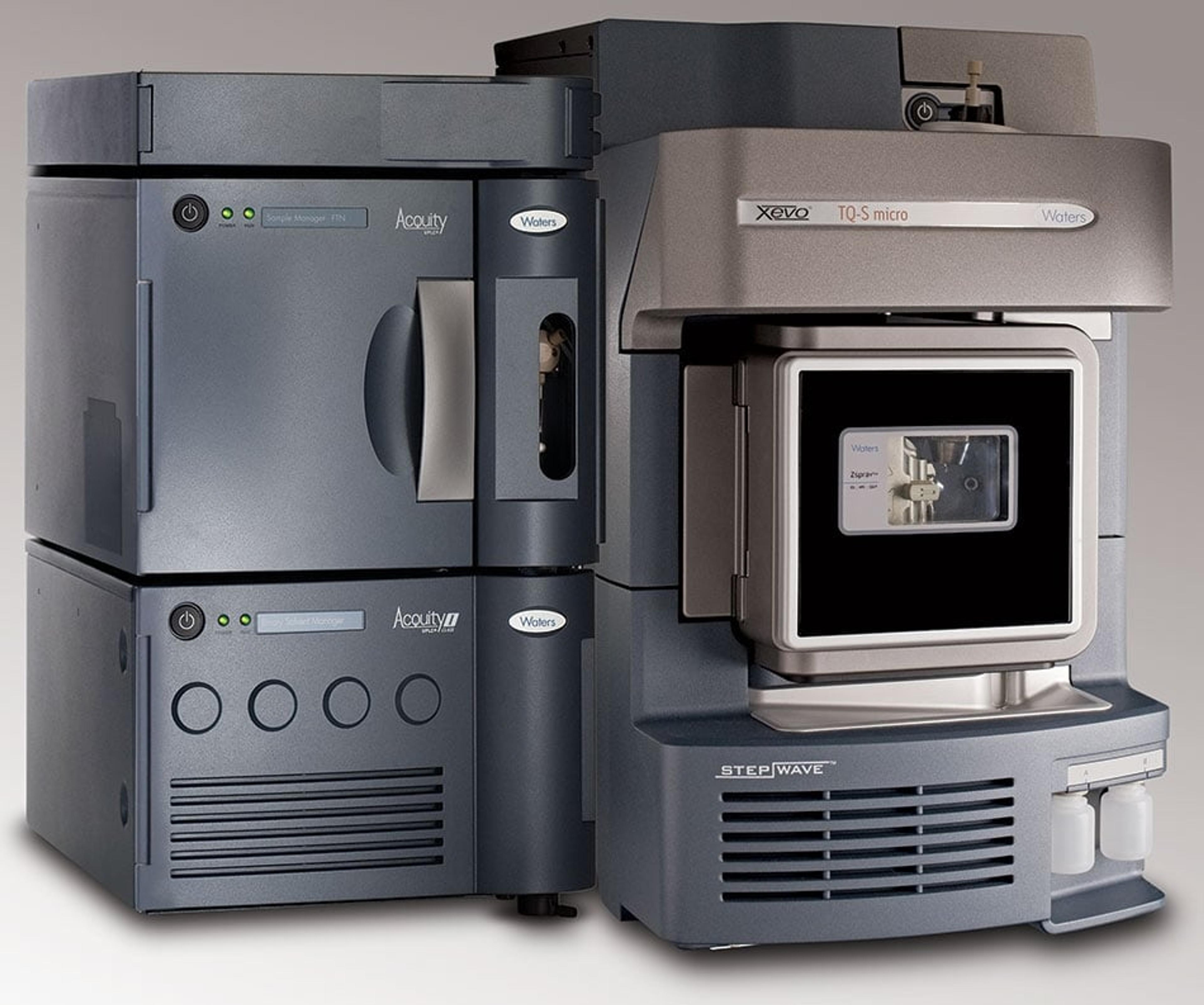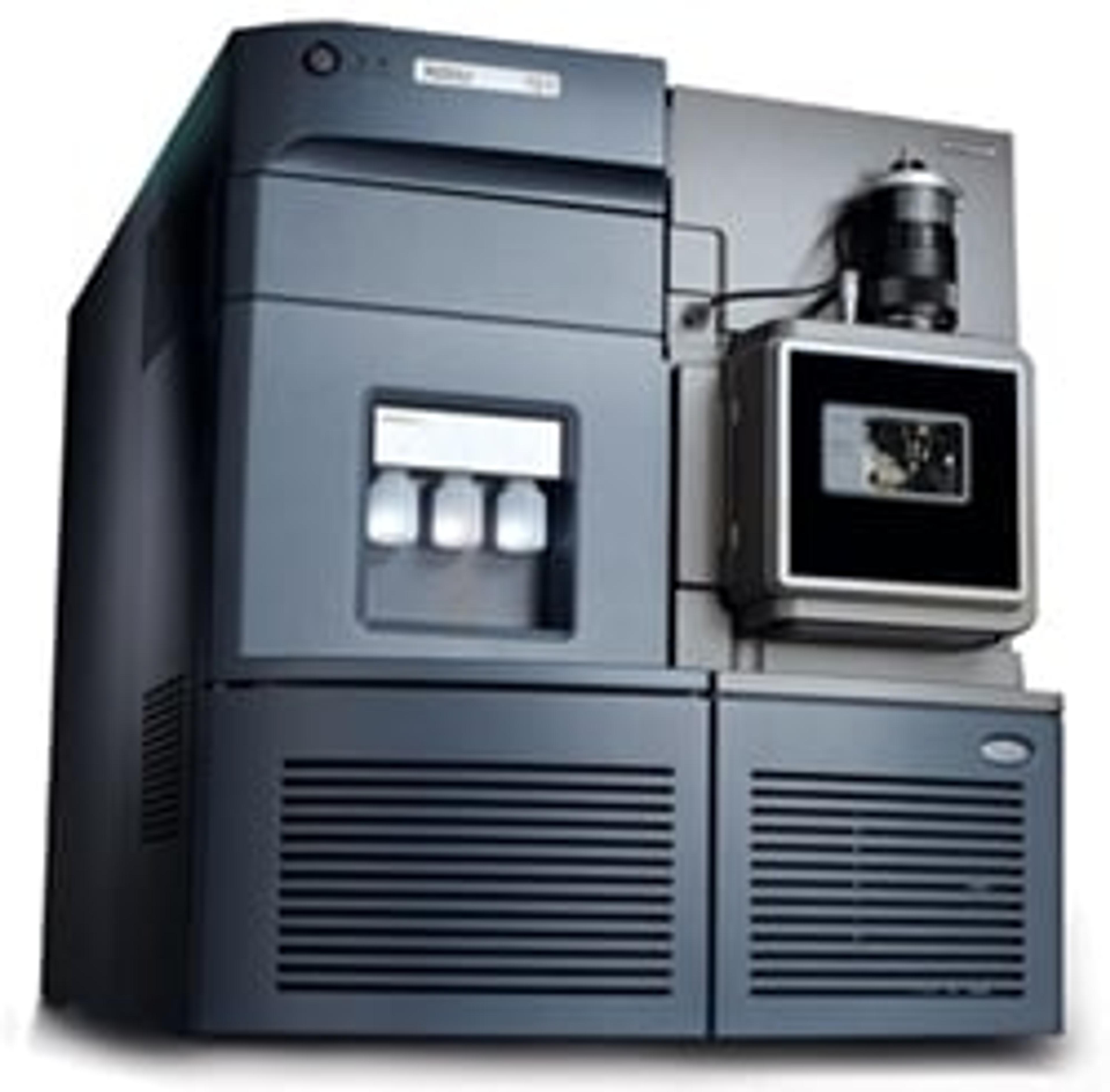A Homegrown Team of Clinical Mass Spectrometry Specialists
Find out how this busy UK biochemistry department has implemented mass spectrometry for clinical practice, for improved specificity and cost-efficiency
26 Jul 2017
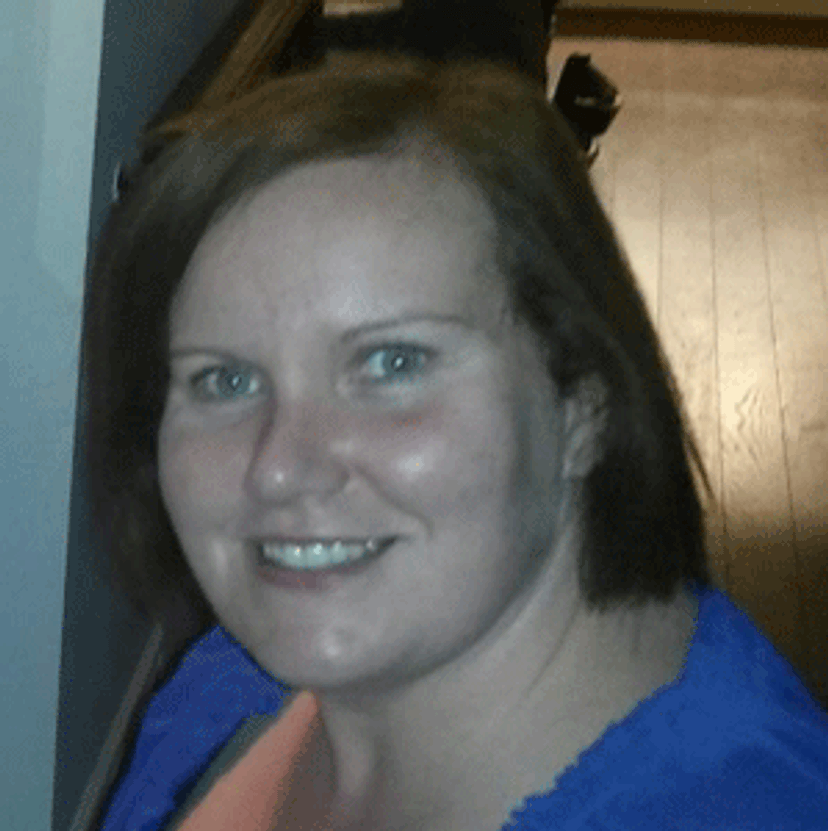
Mass spectrometry has a reputation for being a very complex technology to incorporate into clinical settings, however more and more clinical laboratories are installing mass spectrometry systems. SelectScience® speaks to Laura Owen, Principal Clinical Scientist at the Biochemistry Department, University Hospital of South Manchester (UHSM), to find out more.
SS: Please describe your job role and place of work.
LO: At the UHSM we have a large laboratory receiving over 2,000 biochemistry samples per day. We also have a large clinical mass spectrometry (MS) section with six instruments. Samples are referred to us from all over the UK for specialist MS services. We also perform academic and pharmaceutical sample analysis internationally.
SS: How do you currently use mass spectrometry in your clinical laboratory?
LO: We currently have six MS analyzers in use, including two Waters ACQUTIY® TQ-D Systems, two Waters Xevo® TQ-S Systems, and one Waters ACQUITY UPLC I-Class/Xevo TQ-S micro IVD System. We offer a range of different assays, mostly for therapeutic drug monitoring (TDM) and endocrinology testing.
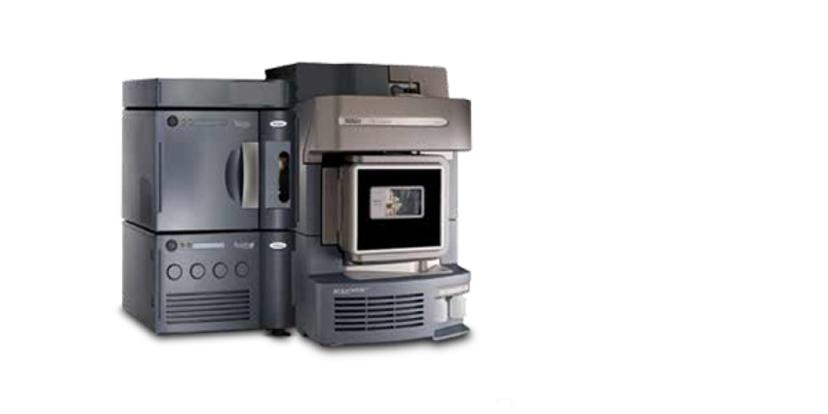
SS: Do you have any formal training in mass spectrometry and, if not, how did you learn to use the technology?
LO: When I started at the UHSM, I hadn’t had any experience of MS during my training. I was excited to work in this laboratory, which at the time had just recently introduced some MS systems. All of my knowledge and expertise has been accumulated from “on-the-job” training. My manager trained me, and although neither of us have had formal training, we’ve thrown ourselves into using the technology and learned on the job.
Our entire shift team has now been trained to use the MS analyzers
Laura Owen University Hospital of South Manchester
SS: MS is commonly considered to be a complicated technology to incorporate into a clinical laboratory, do you agree with this?
LO: I do agree with this to a certain extent, the technology has definitely started to get easier. Troubleshooting the assays and assay development really does still require a certain level of expertise and knowledge. Our entire shift team has now been trained to use the MS analyzers, so it is certainly possible, with a highly motivated team, to run the MS analyzers outside of peak times and over the weekend.
SS: What advantages does MS offer over immunoassay for your TDM and endocrinology testing?
LO: The key advantage for us is specificity. There has been a lot of data published lately about interferences in cortisol assays, which are typically analyzed by immunoassay. We analyze our cortisol by MS here, and we’ve investigated interference recently. We’ve found that there is a lot of interference from prednisolone, which is a commonly prescribed drug: approximately one third of samples in our lab are from patients receiving prednisolone therapy. This drug causes massive interference in immunoassays, but not with MS, so we can be confident that we are giving accurate results.
There are cost implications to consider as well. If you already have a MS system installed, then adding on an extra assay is quite cheap and you’ll also save yourself those reagent costs from the immunoassay. The main advantage for us however remains the specificity, and the ability to measure exactly what you think you’re measuring.
SS: How have your staff responded to being trained on the MS analyzers?
LO: Our staff are very responsive to being trained: on our section, almost every member of staff we have has been trained to use the MS platform. People even join our department specifically because they want to do more hands-on work with the MS. We have shift workers, who are required to work in all areas of the lab, who ask specifically to work on the MS section in routine hours because they love the variety and the hands-on nature of the work.
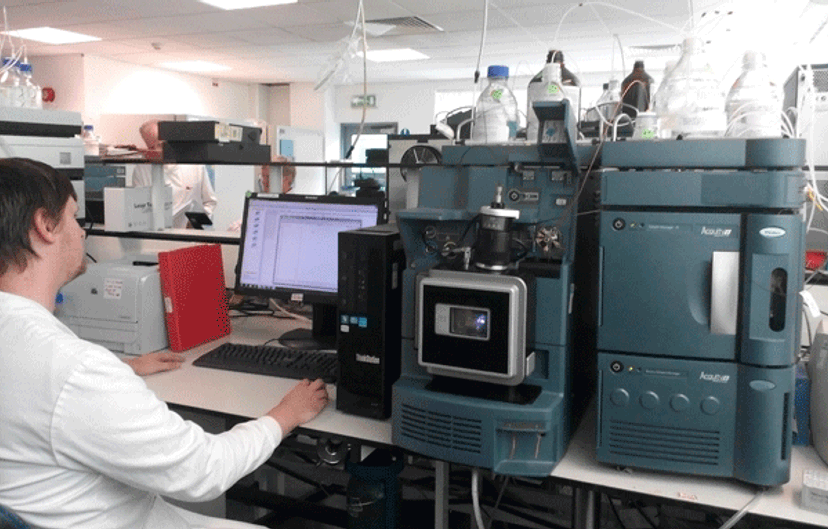
When we’ve bought new equipment in the past, we have had the odd training course included in our package, but we still carry out almost all of our training in-house. It’s very difficult for the external training courses to be targeted to the individuals attending, and people’s interest and skill levels are very varied. Internal training allows us to target that training to the areas that are directly relevant to us, and the specific needs of our laboratory.
SS: How do you see your MS service evolving further over the next few years?
LO: Over the years that I’ve worked here, we have noticed that the section has grown and grown. We have more instruments; there were two when I started and one of them was brand new. Now we have six instruments and we are hoping to possibly get a seventh platform in the next year or so. We have a range of instruments, from ‘workhorse’ systems, to high-end, sensitive platforms such as the Waters ACQUITY UPLC I-Class/Xevo TQ-S micro IVD System. We are always developing new assays, and introducing novel assays, to help us to further grow the service. We will also continue to transfer further suitable immunoassays over onto MS. We are also looking at using accurate mass analysis for some of our protein and peptide work, and this will give us capacity for screening work.
Find out more about Waters family of LC-MS/MS in vitro diagnostic medical devices

